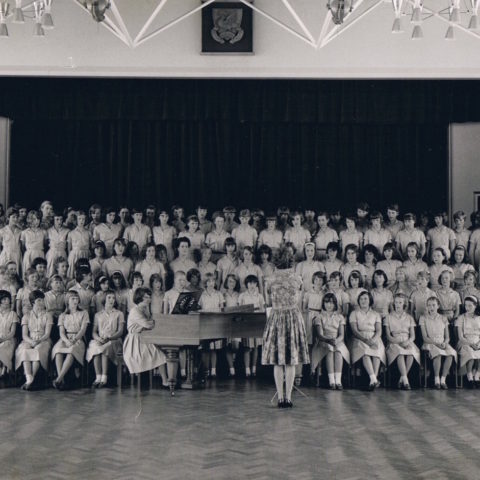 Mary Sumner (1828-1921) was the founder and president of the Mothers’ Union, one of the first and largest women’s organisations, As Sue Anderson-Faithful’s book, Mary Sumner: Mission, Education and Motherhood: Thinking a Life with Bourdieu illustrates, Sumner was an influential educator and a force to be reckoned with in the Church of England of the late nineteenth and early twentieth centuries. This book is a scholarly and analytical account of Mary Sumner’s life and thought in the context of the social and religious networks in which she was restricted by gender yet privileged by class and proximity to distinguished individuals. As the book illustrates, this dichotomy is key to understanding the achievements of a woman who both replicated and shaped Victorian attitudes to women’s roles in society.
Mary Sumner (1828-1921) was the founder and president of the Mothers’ Union, one of the first and largest women’s organisations, As Sue Anderson-Faithful’s book, Mary Sumner: Mission, Education and Motherhood: Thinking a Life with Bourdieu illustrates, Sumner was an influential educator and a force to be reckoned with in the Church of England of the late nineteenth and early twentieth centuries. This book is a scholarly and analytical account of Mary Sumner’s life and thought in the context of the social and religious networks in which she was restricted by gender yet privileged by class and proximity to distinguished individuals. As the book illustrates, this dichotomy is key to understanding the achievements of a woman who both replicated and shaped Victorian attitudes to women’s roles in society.
Mary Sumner: Mission, Education and Motherhood looks at how Mary Sumner propagated religious knowledge through progressive pedagogy and at how her activism was intended to promote social reform at home and nurture the growth of the British Empire through mothers wielding their political power as educators of future citizens and within the moral force of Anglicanism. The book looks at how Mary Sumner held together the assertion of personal agency and an empowering discourse of motherhood with her simultaneous reinforcement of patriarchy and class privilege.
